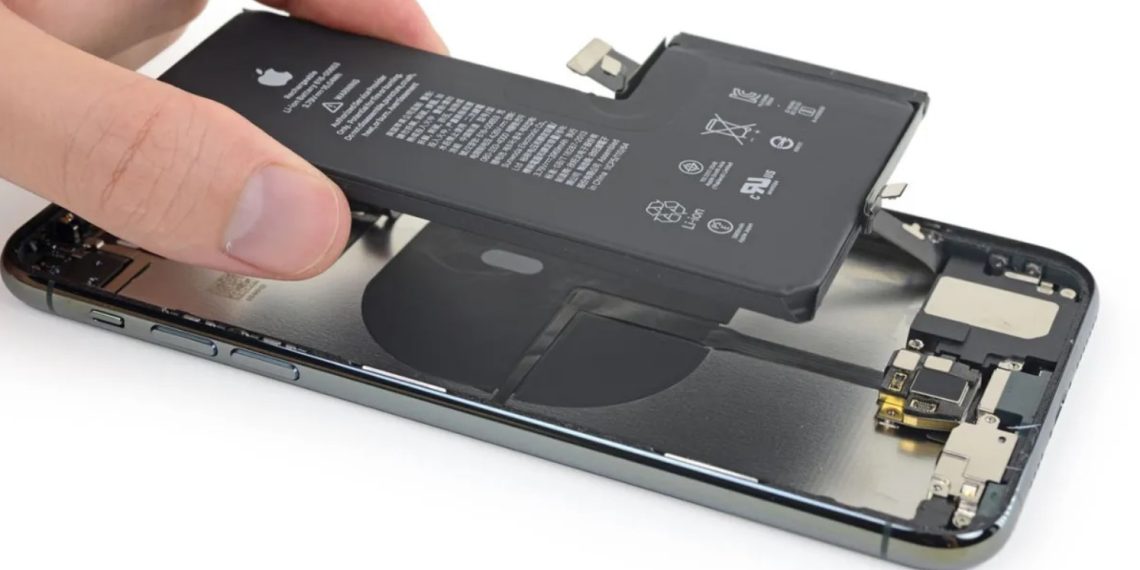The European Union (EU) is taking significant steps to address consumer demands for user-friendly design and environmental sustainability in the smartphone industry. In addition to their recent push for USB Type-C standardization, the EU has now approved a new rule that calls for the reintroduction of replaceable batteries in mobile devices. This article explores the motivations behind this decision and its potential impact on manufacturers, consumers, and the environment.
EU’s Commitment to Sustainable Battery Solutions
The EU’s decision to enforce replaceable batteries is rooted in its commitment to promoting sustainability and reducing electronic waste. By making it easier for users to replace batteries, the EU aims to extend the lifespan of mobile devices, thereby minimizing the need for frequent upgrades and reducing the environmental impact of discarded devices.
New Rule Encompasses Various Mobile Devices
The approved rule applies not only to smartphones but also encompasses portable batteries used in tablets, e-readers, and other mobile devices. This holistic approach ensures that users can benefit from replaceable batteries across a wide range of electronics, further enhancing convenience and sustainability.
Impact on Manufacturers: Design Challenges and Adaptation
Manufacturers will face the challenge of redesigning their devices to accommodate user-replaceable batteries. This transition may require significant changes to device architecture, including considerations for structural integrity, waterproofing, and form factor. The EU has set an initial deadline for early 2027, allowing manufacturers time to adapt their design processes and address these challenges effectively.
Consumer Benefits: Extended Device Lifespan and Cost Savings
The reintroduction of replaceable batteries offers several benefits to consumers. First and foremost, it provides users with the ability to extend the lifespan of their devices. By replacing batteries instead of discarding entire devices, consumers can reduce electronic waste and contribute to a more sustainable future. Moreover, user-replaceable batteries can potentially lead to cost savings, as replacing a battery is often more affordable than purchasing a new device or paying for costly repairs.
Enhancing User Experience and Flexibility
The EU’s focus on replaceable batteries also emphasizes user experience and flexibility. Users will have the freedom to easily replace batteries on their own, without the need for specialized tools or professional assistance. This added convenience empowers consumers to have greater control over their devices and ensures uninterrupted usage, even when facing battery degradation over time.
Promoting a Circular Economy: Battery Recovery and Recycling
One of the primary aims of the new rule is to facilitate battery recovery and recycling. By enabling users to replace batteries, the process of collecting and recycling old batteries becomes more efficient. This supports the development of a circular economy, where valuable materials from batteries can be repurposed, reducing the demand for raw materials and minimizing environmental impact.
Conclusion: Embracing Sustainable and User-Friendly Design
The EU’s decision to reintroduce replaceable batteries in smartphones and portable devices reflects a shift towards sustainable and user-centric design. By allowing users to easily replace batteries, the EU is promoting environmental responsibility while empowering consumers to make the most of their devices. As manufacturers adapt to meet the new requirements, the smartphone industry is poised to embrace a more sustainable future, one that aligns with user preferences and contributes to a greener planet.













































































































































































